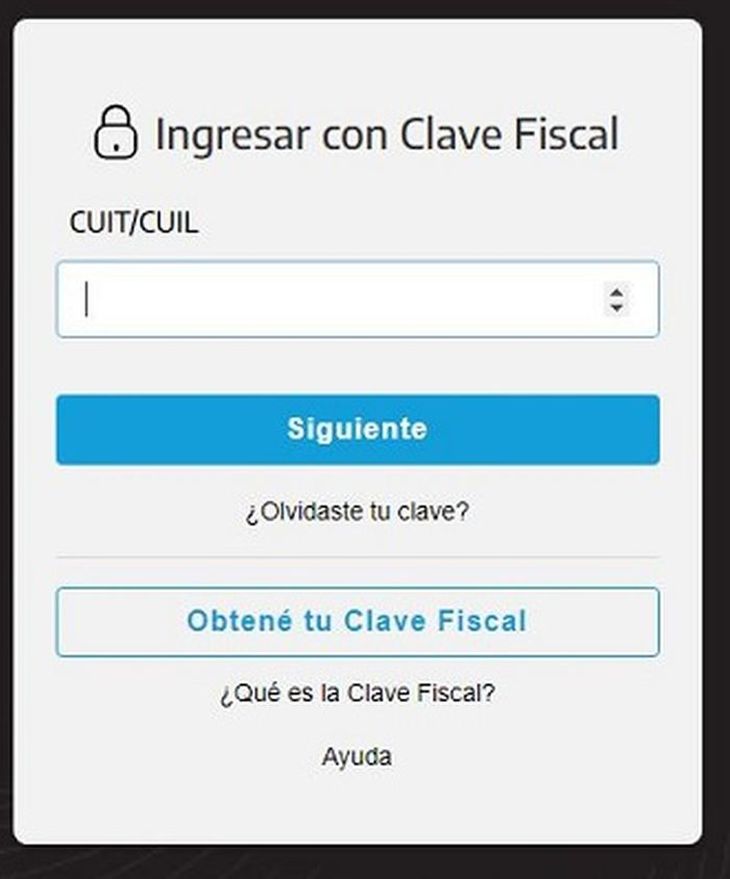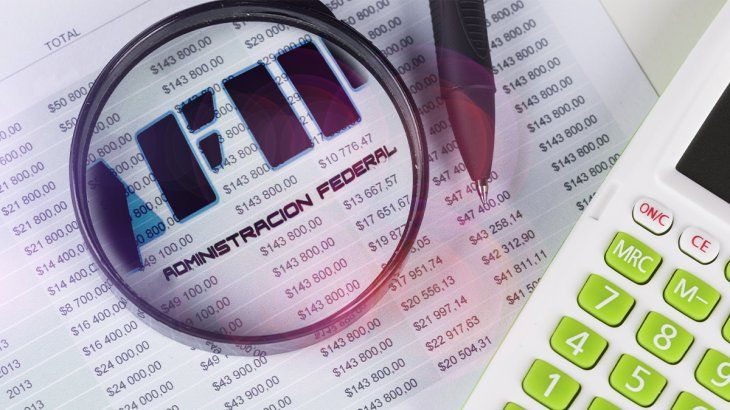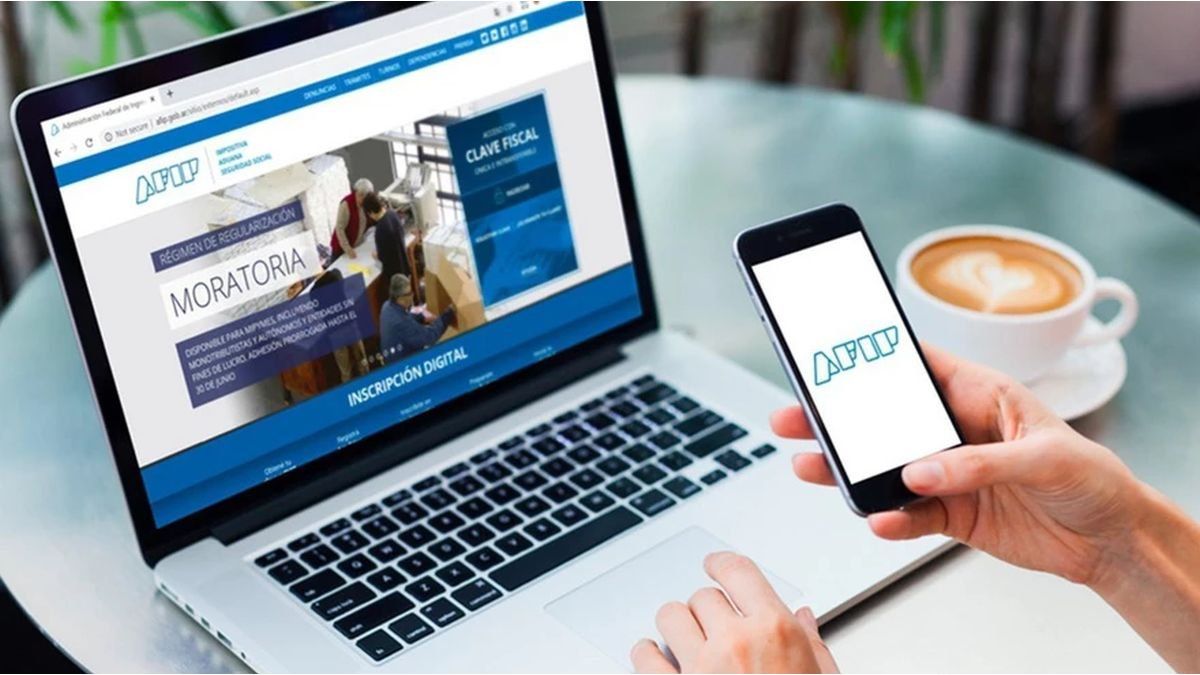The password to carry out procedures of the Federal Public Revenue Administration has different levels of security. Get to know one by one.
The Federal Administration of Public Revenues (AFIP) asks each taxpayer to have a Fiscal key private and non-transferable, which is used to carry out formalities and transactions safely. But, sometimes, misuse of this password leads to multiple scams and that is why at Ámbito Financiero we tell you what security levels exist and how to avoid possible fraud.
The content you want to access is exclusive to subscribers.
AFIP 2.jpg

What are the types of security for the AFIP tax code?
There are different levels of security that determine the different types of services which can be accessed by using the tax code. That does not mean that a lower tax code is less secure than a higher one.


- Tax key level 2: obtained by authentication through home banking and is used to present sworn statements, make payments or enter Earnings deductions, among other services.
- Tax key level 3: Obtained through the app My AFIP or in a way in personwith a prior appointment at an AFIP unit and is used for billing, requesting payment plans and adhering to the electronic tax address, among other procedures.
afip-photo.jpg

- Tax key level 3– This level requires authentication with a mobile device-generated token key via the app AFIP OTP and is used for customs procedures.
Security: AFIP never asks for the tax code through WhatsApp
It is important to note that the AFIP or its agents will never request the tax code from a taxpayer, either verbally, telephoneby email, social networksWhatsApp and/or any other instant messaging service.
Additionally, for security reasons, it is recommended that the key be between 10 and 64 charactersincluding 2 numbers, 4 letters, 1 uppercase and 1 lowercase.
AFIP_Lupa.png

AFIP: tips to use the tax code safely
- Do not save nor write the key in files physical either electronic that can be read or seen by other people.
- Do not store the key in the Web navigator using the “remember password” option and disabling the “Autofill forms and passwords” function.
- Do not share the key with other people, nor send it by email, SMSmessaging or any other type of electronic means.
- Avoid access AFIP systems from public sites or shared use computers. If unavoidable, use the virtual secure entry keyboard to enter the password.
- Change the password periodicallyeven when the system does not request it.
Source: Ambito




